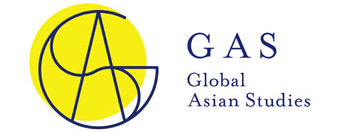東京大学GJS(国際総合日本学ネットワーク)
サマープログラム2017「戦後日本をめぐる問い」(2017年7月29日~8月8日)
参加者募集!
東京大学の学部生:2017年7月19日(水)募集締め切り
海外協定校の学生:※募集は締め切りました
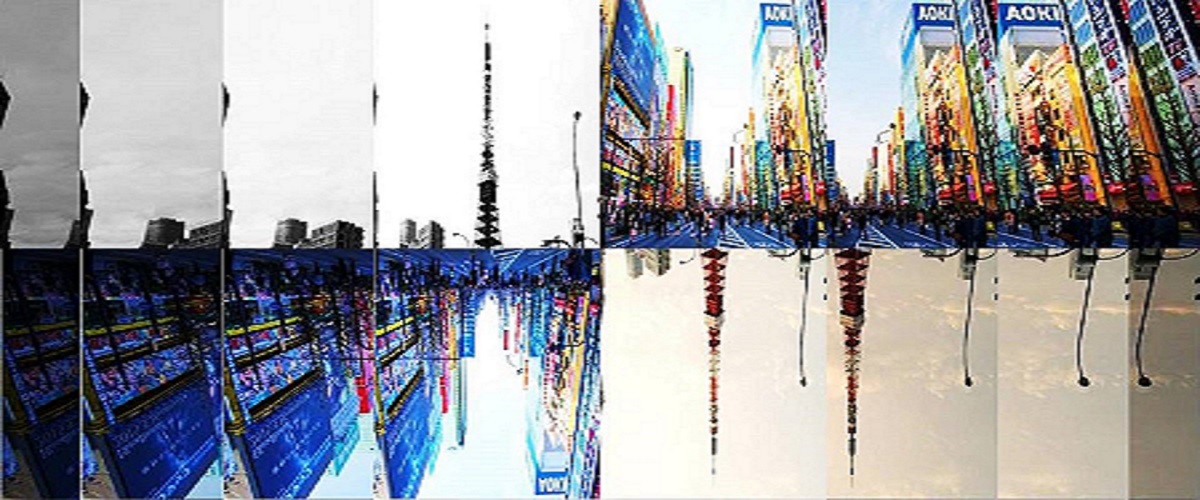
About the Program
Description:
Japan’s postwar period is most often described as four decades of high growth “economic miracle” followed subsequently by a prolonged recession dubbed “the lost two decades” (1990-present). Japan’s postwar, however, points to a far more complicated and ongoing process of social, cultural, and political changes, which this program is set to explore.
Participants will be immersed in a ten-day intensive program of 1), interdisciplinary academic lectures (in humanities, social sciences, and engineering), 2), carefully planned fieldtrips in Tokyo and surrounding areas.
Through a well-designed combination of on- and off-campus study, the program challenges participants to both critically analyze and actually experience sociological, political, and technological issues, such as environmentally sustainable urban planning and social stratification in relation to history and culture. These issues are key for understanding not only Japan’s postwar itself but also the larger world to which Japan is closely connected and of which Japan is intrinsically a part.
Objectives:By the end of the program, participants will have
- gained a more nuanced understanding of Japan’s postwar as a complex and changing society;
- learned analytical skills with which to analyze social phenomena in Japan and other parts of the world;
- improved their intercultural communication skills as a result of collaboration in research projects and presentations with fellow students from different countries of the world.
- perhaps most important of all, you will have made a lot of friends from all over the world who will share your memory of summer 2017 in Tokyo!
Number of participants: 5 undergraduate students from the University of Tokyo, and 20 in total (approximately 15 undergraduate students from overseas universities).
Eligibility and Language requirements: The summer program does NOT require submission of proof of English language proficiency such as TOEFL or TOEIC scores, but participants must have sufficient English proficiency to attend lectures and field trips in English and give presentations in English. This program has NO Japanese language requirement. Knowledge of Japanese, however, will be helpful for your participation in the program.
Program requirements:
- Participants are required to conduct group research projects and give presentations on the final day of the program. Project topics shall be decided in consultation with program faculty members.
- Participants will also be required to complete a program evaluation paper.
Tuition and Fee: No fee will be charged, but participants must pay for public transportation and entrance fees when on field trips, and will be asked for logistic help.
Schedule:
Application
Required application materials:
1. one 3-page double-spaced essay in English outlining why you are interested in this program and what you want to learn from it;
2. A Short C. V. either in English or Japanese(free format);
3. your most updated and official transcripts issued by your university.
Application deadline:
July 19, 2017 [Wed.], 23:59 JST
How to apply:
To apply, please send your application by E-mail with the following subject:
"2017 GJS Summer Program Application"
Email Address:gjs[at]ioc.u-tokyo.ac.jp
What happens after you applied: The program committee will carefully evaluate the entire dossier of every application and make decision shortly after the application deadline.
For reference, please see 2016 summer program report and participants feedback
SUMMER PROGRAM LECTURERS (in alphabetical order)

Nicola LISCUTIN
(Professor of Japanese Studies and GLP-GEfIL Program Director at the Center for the Development of Global Leadership Education, the University of Tokyo)
Dr. Nicola Liscutin is professor of Japanese Studies and GLP-GEfIL Program Director at the Center for the Development of Global Leadership Education, the University of Tokyo. She received her MA from Hamburg University, and her PhD in Japanese Studies at Cambridge University, UK, and spent a couple of years on research at Kyoto University and Waseda University. Prior to coming to the University of Tokyo in 2013, she was for ten years the Head of the Japanese Department at Birkbeck College, University of London, where she built up the department and its various BA, MA and PhD degree programs in Japanese Cultural Studies. She also held positions as Guest Professor at the Institute for the Study of Global Issues of Hitotsubashi University; as a Senior Research Fellow at the German Institute for Japanese Studies in Tokyo (DIJ); as Lecturer in Japanese Studies at SOAS, University of London, and as a guest lecturer at Jissen Women’s University and Waseda University. While she started her teaching career as a specialist for classical Japanese literature and performing arts, her research and teaching interests since the late 1990s have focused on ‘memory cultures’ and their ‘gendering’ in a range of media, especially film and manga.

MATSUDA Yasuhiro
(Professor of International Politics, Institute for Advanced Studies on Asia, the University of Tokyo)
Yasuhiro MATSUDA (1965- ) is a professor of international politics at the Institute for Advanced Studies on Asia, University of Tokyo. He received his Ph.D. in law from Graduate School of Law at Keio University in Tokyo. He spent sixteen years in the National Institute for Defense Studies (NIDS), Japan Defense Agency (later, Ministry of Defense), as an assistant and a senior research fellow. He moved to the Institute of Oriental Culture (later, Institute for Advanced Studies on Asia) of the University of Tokyo in 2008. He is specializing in political and diplomatic history of Asia, politics and foreign relations in the PRC and Taiwan, the Cross-Strait Relations, and Japan’s foreign and security policies. He was a member of the Council on Security and Defense Capability in the New Era, the advisory group of the Prime Minister in 2010. He is the winner of the seventh Yasuhiro
>Nakasone Award of Excellence in 2011. He has published numerous books and articles in Japanese, English and Chinese. His most recent publication in English is “Engagement and Hedging: Japan’s Strategy toward China,” SAIS Review, vol. XXXII, no. 2, Summer-Fall 2012.
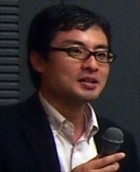
MURAYAMA Akito
(Associate Professor of Urban Planning, Department of Urban Engineering, School of Engineering, the University of Tokyo)
Prof. Murayama graduated from the department of urban engineering in the school of engineering at the University of Tokyo in 2004 and started to work at the University of Tokyo from April 2014. He received the City Planning Institute of Japan Paper Encouragement Award in 2004 (City Planning Institute of Japan) and the Landscape Installation Award in 2013 (Nihon Mokuzai Seisounen Dantai Rengokai 16th Wood Utilization Contest). His co-authored English publications include "Living Cities in Japan: Citizens' Movements, Machizukuri and Local Environments" (Routledge, 2007), "Innovations in Collaborative Urban Regeneration" (Springer, 2009) and "Urban Resilience: A Transformative Approach" (Springer, 2016). Prof. Murayama participates in many planning and community design practices across Japan.
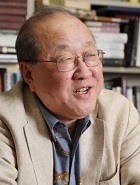
NUMANO Mitsuyoshi
(Professor of Modern Literature, Graduate School of Humanities and Sociology, the University of Tokyo)
Prof. Numano specializes in 19th- and 20th-century Russian and Polish literature but his interest spans entire Russia and Eastern Europe. His recent research further goes beyond any particular country or language and explores multidisciplinary and trans-regional approaches for examining the formation and circulation of modern literature in world historical context, and the place of Japanese literature in the history of world literature. Among his numerous publications the most recent ones are Chekov – 70% of Despair and 30% of Hope (Kodansha 2016) and “The Seagull Goes to the Cosmos, and Haruki Murakami Goes to Sakhalin,” Japanese Slavic and East European Studies 35 (Oct. 2014), 5-12.

SATO Jin
(Professor of Resource Politics, Institute for Advanced Studies on Asia, the University of Tokyo)
Professor Sato Jin’s research focuses on natural resource governance and administration. He has a joint affiliation with Princeton University (as a Visiting Professor of Woodrow Wilson School in Spring 2015, and a Visiting Associate Professor of East Asian Studies Department in Spring 2014). He was previously affiliated with the Agrarian Studies Program at Yale (1998-99). His recent publications include an edited volume, Governance of Natural Resources: Uncovering the Social Purpose of Materials in Nature (United Nations University Press, 2013) and a co-edited book, The Rise of Asian Donors: Japan’s Impact on the Evolution of Emerging Donors (Routledge, 2012). In addition to the two single authored books in Japanese, he has numerous publications in international peer reviewed journals such as Comparative Studies in Society and History, World Development, Journal of Development Studies, Development and Change, and Sustainability Science on foreign aid and natural resource politics in Asia. He won the Japan Academy Medal in the field of humanities and social sciences for the year 2013.
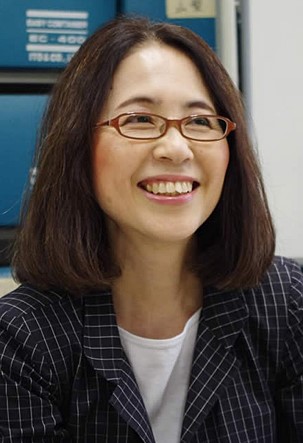
SHIRAHASE Sawako
(Professor of Sociology, Graduate School of Humanities and Sociology, the University of Tokyo)
Professor Shirahase’s main research interests are the empirical study of social stratification and socio-economic inequalities, demographic transformation, and gender and generational relations. Issues related to family change and social security systems also form part of her on-going research. One of her major research questions, for instance, is how to make the roles of public and private institutions shared in order to maintain livelihood security for every member of society. Professor Shirahase also takes the lead in conducting large-scale research projects as a principal investigator and completed the seventh national survey of social stratification and social mobility, which has been conducted every 10 years since 1955. A large variety of surveys are being vigorously carried out in different academic fields, but when we come to actually getting something out of the data, if the data themselves are collected in a sloppy manner then the subsequent argument will be made on shaky ground and be less convincing.
Everyone has a stake in society, and consequently everyone has a certain sense of the reality of that society. Thus, you could say that everyone can be a sociologist, but something is not quite right about that statement. Sociology is one of the major fields of the social sciences, and there are things that students should learn to think about in a sociological way. In her classes, while reading and discussing the basic literature, students are encouraged to actively participate in and contribute to discussions.
SUMMER PROGRAM GJS FACULTY MEMBERS
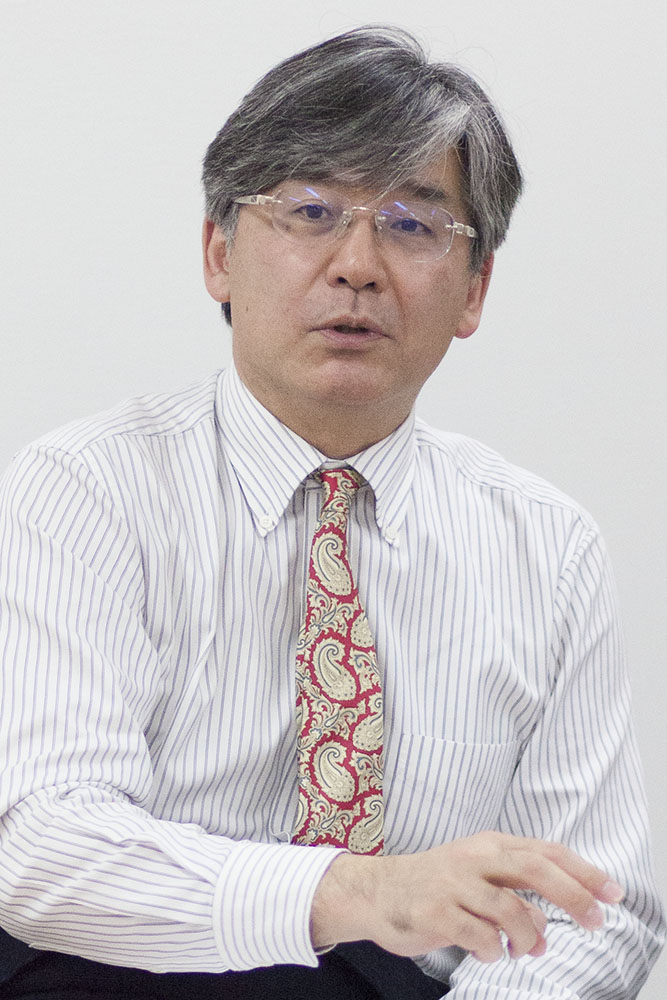
Shigeto SONODA
(Professor, Graduate School of Interdisciplinary Information Studies/Institute for Advanced Studies on Asia)
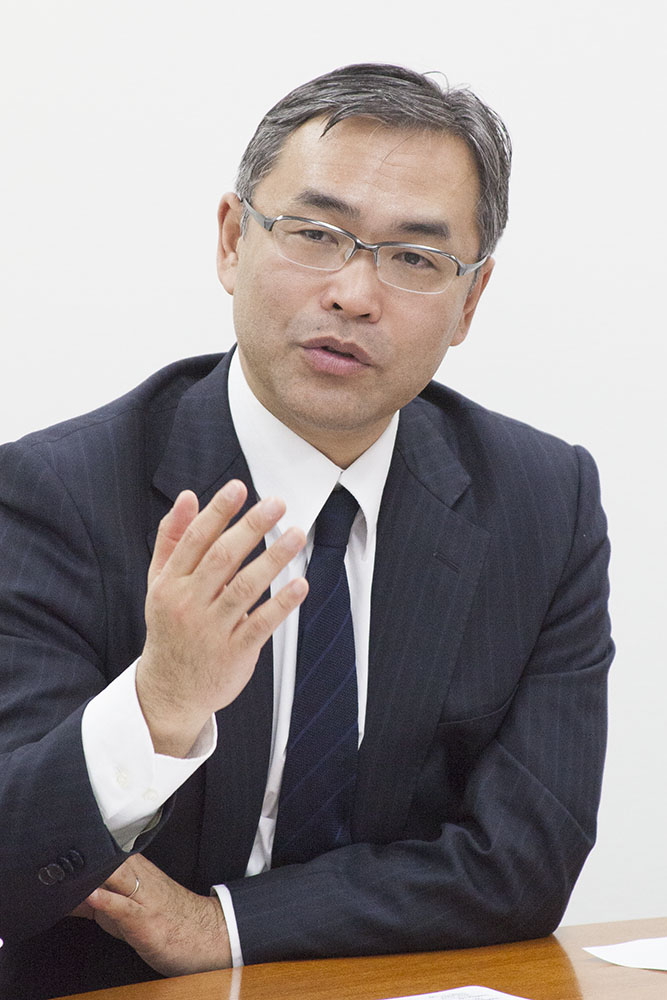
Takahiro NAKAJIMA
(Professor, Institute for Advanced Studies on Asia)
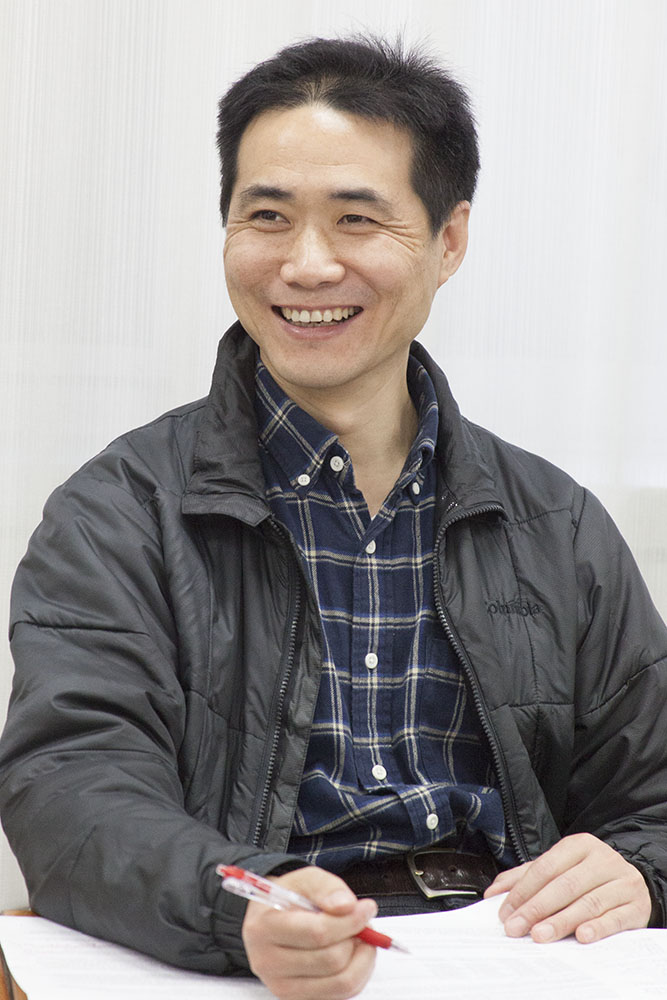
Yijiang ZHONG
(Associate Professor, Institute for Advanced Studies on Asia)
Yoko NII
(Assistant Professor, Institute for Advanced Studies on Asia)
Links
The University of Tokyo
Institute for Advanced Studies on Asia (IASA)
Global Japan Studies website
USTEP
UTokyo graduate programs offered in English (ITAsia, IHS, School of Science, etc.)
UTokyo School of Engineering
Program Host Institution: Institute for Advanced Studies on Asia
Program Organizer: Global Japan Studies (GJS) Research Network
Program Committee Advisers: Prof. Sonoda Shigeto, Prof. Nakajima Takahiro
Secretariat: Prof. Nii Yoko, Prof. Zhong Yijiang
Contact:
Prof. Nii Yoko (person in charge)
gjs[at]ioc.u-tokyo.ac.jp
Tel: (81)3-5841-5891
Fax: (81)3-5841-5898
Global Japan Studies
The Global Japan Studies at the University of Tokyo is an interdisciplinary and multilingual network of research and education on Japan. It seeks to bring together Japanese studies overseas and studies of Japan within Japan.



